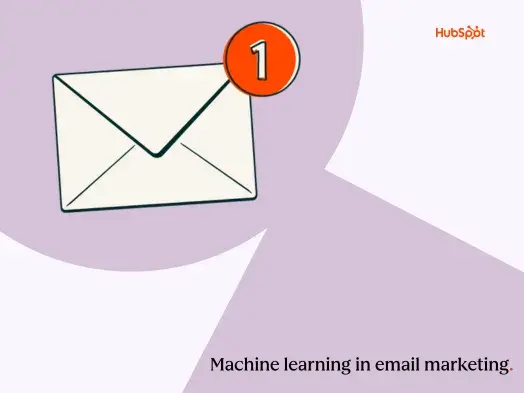AI at Work in the Name of Productivity
In Salesforce's global study, they surveyed over 14,000 employees and found that 28% of respondents are currently using generative AI at work.
But that’s not all – 55% of respondents admitted to using unapproved generative AI pieces while 40% have used banned tools. For the latter, this usage was the highest in the automotive industry and lowest in the non-profit sector.
Are workers aware of the risks? To a certain extent. The study explores how workers define the safe and ethical use of AI. Across all industries, workers believe this looks like:
- Fact checking output from generative AI tools before use.
- Using company-approved tools and those proven to be accurate.
- Avoiding inputting confidential company or customer data.
However, one ethical line 64% of workers surveyed have crossed is passing off AI-generated work as their own. And when it comes to securing a new career opportunity, 41% will consider overselling their skills with generative AI.
This is a growing concern for employers, especially with another 32% of workers expecting to use AI software at work soon.
So, who’s to blame? There are two glaring issues highlighted in the survey:
- Companies are dropping the ball on training – Roughly 70% of workers surveyed have never completed training on how to use AI at work.
- Company policies are unclear or non-existent – Only 21% of respondents say their employer has clear and defined policies on using generative AI at work.
The industries with the most guidance are:
- Tech
- Communications
- Financial Services
But even if companies create firmer structure around AI usage, it’s important to understand why workers are leaning on it in the first place.
71% of respondents say it increases their productivity and 58% say it makes them more engaged at work. Workers within the life sciences and biotech industries report the highest levels of productivity.
In addition to supporting their daily tasks, workers also believe that leveraging generative AI will:
- Increase their job satisfaction.
- Present more growth opportunities.
- Lead to higher pay.
Those reasons could lead anyone to play around with the technology.
Why Companies Hesitate to Allow AI at Work
Riskonnect’s 2023 New Generation of Risk Survey reveals that when it comes to generative AI use, 65% of companies are most concerned with data privacy.
In addition, they’re worried about hallucinations – when a model confidently reports inaccurate information – and how those can impact decision-making.
The third highest issue circles right back to Salesforce’s study, citing employee misuse and inethical practices.
Additional concerns include:
- Copyright and intellectual property issues.
- Overdependence on AI for important decisions and processes.
With these in mind, there are a few things companies can do to address them.
The first is setting guidelines for what AI tools are allowed and within what limits.
Secondly, employers should provide AI training that covers responsible AI use as well as the risks with unsafe practices.
Regular training is important, as AI moves fast and things can change drastically overnight.
Lastly, as you design your AI policies, keep in mind state and federal regulations.
Artificial Intelligence




![AI email subject lines that drive 3x more revenue and actually convert [+ exclusive insights]](https://53.fs1.hubspotusercontent-na1.net/hubfs/53/ai-email-optimization-1-20251014-4500151-1.webp)






-1-20250905-2237709%202.webp)